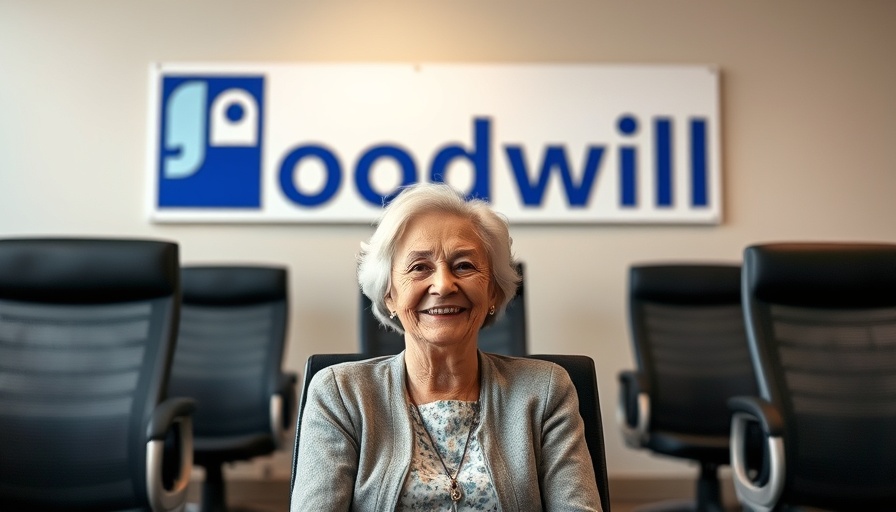
Empowering Seniors: The Role of Technology in Aging
In a rapidly advancing digital landscape, technology can often feel overwhelming, especially for seniors who may not have grown up with it. Goodwill Industries of Southwest Florida (SWFL), through its partnership with Senior Planet, is bridging this crucial gap. By providing free classes to older adults, Goodwill is helping to demystify technology and empower seniors to engage with it confidently and independently.
Goodwill SWFL: A Mission to Serve
Angela Hemstreet, the Director of Employment Services at Goodwill SWFL, emphasizes the organization's commitment to offering life-changing opportunities for those with disabilities and socio-economic disadvantages. This includes essential skills such as digital literacy, which is increasingly vital as daily activities rely on technology. "Being a Senior Planet Licensing Partner allows us to reach seniors who may otherwise remain isolated due to their hesitance to engage with digital tools," she emphasizes.
Connecting with Community: Southwest Florida's Unique Demographics
Southwest Florida stands out not only for its scenic beaches and diverse landscapes but also for its demographic profile. With several of its cities recognized as among Florida's oldest, the area boasts a sizable senior population. This demographic shift prompts an urgent need for programs tailored to their specific needs, particularly in tech education. Angela shares how these various backgrounds create a rich learning environment, where seniors from all walks of life come together to learn and grow.
Success Stories: Real Transformations Through Learning
Many success stories have emerged from Goodwill’s collaboration with Senior Planet. A notable instance is of a widower who, feeling lost post his spouse's passing, took classes to learn computer skills. He discovered, through newfound knowledge, how to manage online bill payments independently—a pivotal step toward reclaiming his autonomy. Additionally, an assistant named Linda, who initially feared technology, gained confidence through a comprehensive 10-week course, allowing her to excel in her job and embrace the digital world.
Aging with Attitude: A Personal Philosophy
Aging with attitude, as Hemstreet describes, embodies the spirit of lifelong learning and personal enrichment. "If I am interested in something, I can learn all about it and continue to enrich my life!" This mindset is crucial as it helps combat age-related stereotypes and emphasizes the value of curiosity among older adults.
The Benefits of Technology Education for Seniors
Engaging with technology does more than enhance day-to-day tasks; it opens doors to social interactions and community involvement. Seniors have found that learning to use email and social media fosters connections with family and friends, countering feelings of isolation. Moreover, the availability of classes in Spanish has significantly broadened accessibility, allowing a more inclusive approach to senior education in a culturally diverse region.
Future Trends: Sustaining Digital Inclusion
As the partnership progresses, there remains a pressing need to maintain and expand such initiatives. With societal trends revealing increasing reliance on technology for communication, health management, and even grocery shopping, ongoing education programs are essential. Fostering digital literacy not only aids personal development but also enhances public health by facilitating better communication with healthcare providers and access to resources.
Conclusion: Get Involved Today!
Incorporating technology into the lives of seniors is crucial for promoting independence and connection. As the landscape changes, opportunities for engagement and learning will continue to evolve. It is vital to advocate for initiatives like those at Goodwill SWFL—supporting a future where all individuals, regardless of age, can thrive in a digital world. Consider reaching out to local organizations to see how you can contribute to or benefit from community-driven tech education programs.
 Add Row
Add Row  Add
Add 




Write A Comment